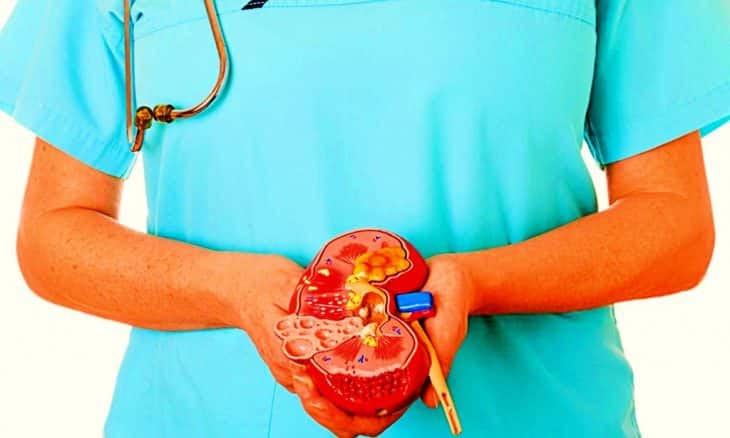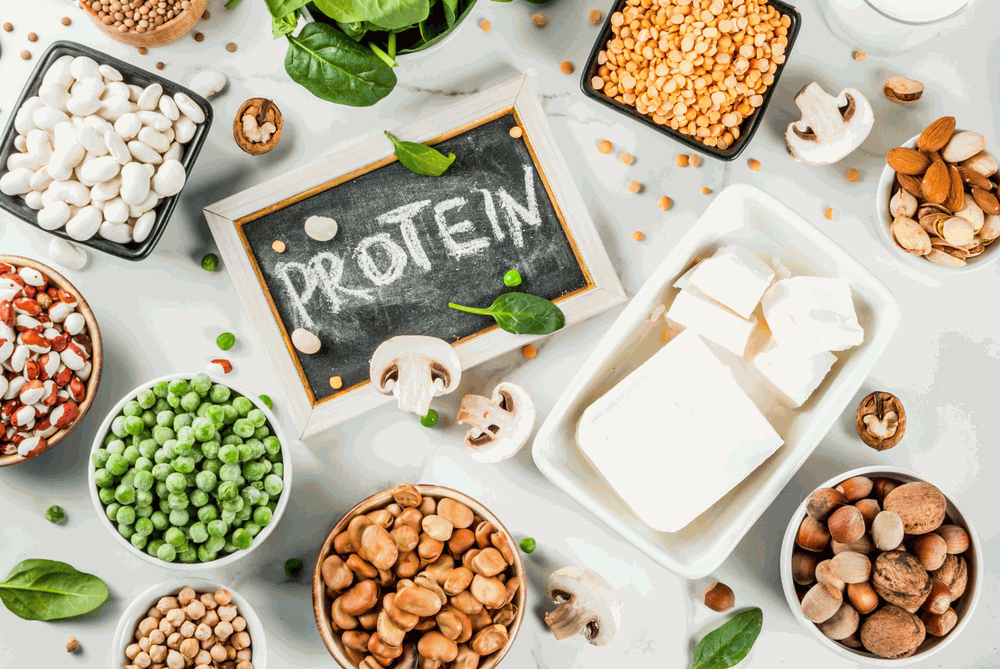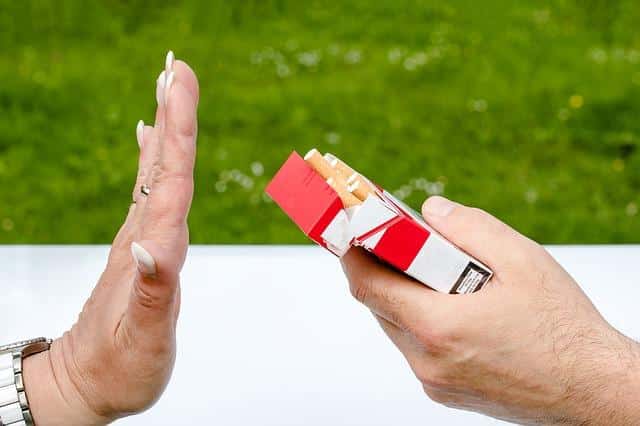
How To Repair Kidney Damage
Kidney damage can be caused by high blood pressure, diabetes, or other diseases, such as cancer, injury, infection, or kidney stones. Generally, kidney damage is irreversible, but there is a way to slow the progression of damage and even prevent it completely. In the event of severe damage, the kidneys may stop functioning to the point where dialysis is required.
Read Also: 10 Proven Ways To Relieve The Pain Of Kidney Stones
Make changes to your diet
Drink lots of water (if the doctor allows it)

Water helps cleanse the kidneys, which helps keep them healthy. Try to drink 1.5 to 2 liters of water every day. If you have had kidney stones in the past, drink more than this amount. Try to drink about 2-3 liters of water a day.
- If you are following a diet that involves fluid restriction, follow your doctor’s recommendations.
Reduce your sodium intake
A high sodium diet can further worsen kidney damage and make it difficult to restore kidney function. If you are under the age of 51, do not exceed 2,300 mg of sodium per day, and if you are over the age of 51, limit yourself to 1,500 mg per day. To limit your sodium intake, make it a habit to read food labels. Processed foods often contain a lot of salt. So always go for whole foods. Here are some examples of industrial foods that may be high in sodium [1] :
- the pizza
- deli meats and bacon
- pasta
- frozen meals
- canned soups
- cheeses
- ready-to-eat foods
Eat less potassium
The recommended amount of potassium for people who don’t have kidney problems is 3,500 to 4,500 mg. However, for patients with kidney disease who must follow a diet with limited potassium intake, the recommended daily amount is 2000 mg [2].
- Consult your doctor if you are unsure of a low potassium diet.
- High potassium foods include bananas, potatoes, tomatoes, carrots, pumpkins, cabbage, dried fruits, grains, and salt substitutes.
- To make it easier for you, check the potassium content of the foods you eat and keep track of your potassium intake.
Eat a moderate amount of protein

About 20-30% of your calorie intake should come from protein. A diet too rich in protein can damage the kidneys, although adequate intake is important for the normal functioning of the body.
- If you already have kidney dysfunction, you should avoid high protein diets because they damage the kidneys [3].
- Choose lean protein, such as fish, boneless, skinless chicken, beans, and low-fat cheese.
Consult your doctor before taking supplements
Certain herbs and vitamins can be harmful to the kidneys, which is why you should be careful when considering taking supplements or herbs. Consider your doctor before you start taking herbal or dietary supplement therapy [4].
Read Also: Foods To Avoid With Kidney Disease
Make lifestyle changes
Control other diseases and conditions
Certain pathologies can predispose to renal failure or worsen the situation when the kidneys are already damaged [5]. Try to strengthen your health as much as possible to improve the functions of your kidneys.
- For example, if you have high blood pressure, see your doctor find ways to lower your blood pressure. If you have diabetes, do your best to control it.
- Even a family history of kidney dysfunction can predispose you to this condition, so if you have a parent, brother, or grandfather who has kidney disease, you should take extra care.
Get active
Regular physical exercise helps strengthen health, prevent obesity and lower blood pressure [6]. If you are healthy enough for exercise, try to do half an hour of physical activity five days a week [7].
- Ask your doctor if you can play sports.
- Try to find activities that you enjoy so that you can keep your commitment. For example, you can cycle, swim, dance, hike, or a combination of these activities.
Stop smoking

Smoking damages blood vessels and reduces blood flow to the kidneys. Since blood is very important for maintaining healthy tissue, a lack of blood in the body can cause kidney damage and make it difficult to restore normal kidney function. Smoking also increases the risk of developing kidney cancer and other conditions such as hypertension [8].
- Ask your doctor about smoking cessation programs and the drug treatments that will help you quit smoking.
Take over-the-counter pain relievers in moderation
If you take too many over-the-counter pain relievers (ibuprofen or naproxen), it can cause kidney damage [9]. If you take these medications every day, ask your doctor for other ways to manage the pain.
- Over-the-counter medications can be taken to relieve occasional pain, but frequent use of these medications can cause kidney damage.
Get kidney function checked
If you are concerned about the functioning of your kidneys or if you are at risk of developing kidney problems because of your family history, ask your doctor to order screening tests for you [10]. These exams will show the absence or presence of the disease so that you and the doctor can start treatment before the situation gets worse.
Evaluate different medical options
Follow a low protein diet if necessary
In the case of severe renal dysfunction, it is essential to follow a high protein diet to avoid an excessive accumulation of residual metabolites in the blood. Proteins leave waste during their metabolism, which increases the work of the kidneys to expel these residues from the body [11].
- Ask your doctor if you should follow a low protein diet. If this is the case, the doctor will put you in contact with a dietitian to better balance your diet.
Follow a low phosphate diet if necessary
If you have a high level of phosphate in the body, the doctor may advise you to follow a diet low in phosphate. Particularly rich foods are dairy products, eggs, red meat, and fish. So remember to limit your consumption of these foods [12].
- If you do not get any results from these dietary changes, your doctor may prescribe phosphate binders. These drugs are taken with meals and help absorb phosphates from food [13].
Take medication to treat complications
Reduced kidney function can cause a variety of health problems, and you may need to start the medication to treat them. Possible complications in kidney failure include [14] :
- high blood pressure
- high cholesterol
- anemia
- swelling
- glass bone disease
Consider dialysis
If your kidneys are not working properly and are unable to remove excess residue and fluids from the body, you may need to consider dialysis. It can be hemodialysis or peritoneal dialysis [15].
- Hemodialysis involves filtering the blood using a machine to remove atoxic waste and excess fluid from the blood. For this type of dialysis, the patient will have to go to the hospital several days a week.
- Perineal dialysis is carried out using a device that fills the stomach with a dialysis solution capable of binding to unnecessary waste and fluids, to evacuate them from the body. This type of dialysis can be done at home using a special device, but you must follow the treatment every day.
Consider a kidney transplant
If you have kidney failure and don’t want dialysis treatment for the rest of your life, kidney transplants may be an alternative. To receive a new kidney, you will need to find a donor or wait until a kidney is available.
- Be aware that after transplantation, you will need to take medication for your entire life to avoid rejection of the transplanted organ [16]. Published By Healthzigzag.com
Read Also: How to clean the kidneys with parsley?




